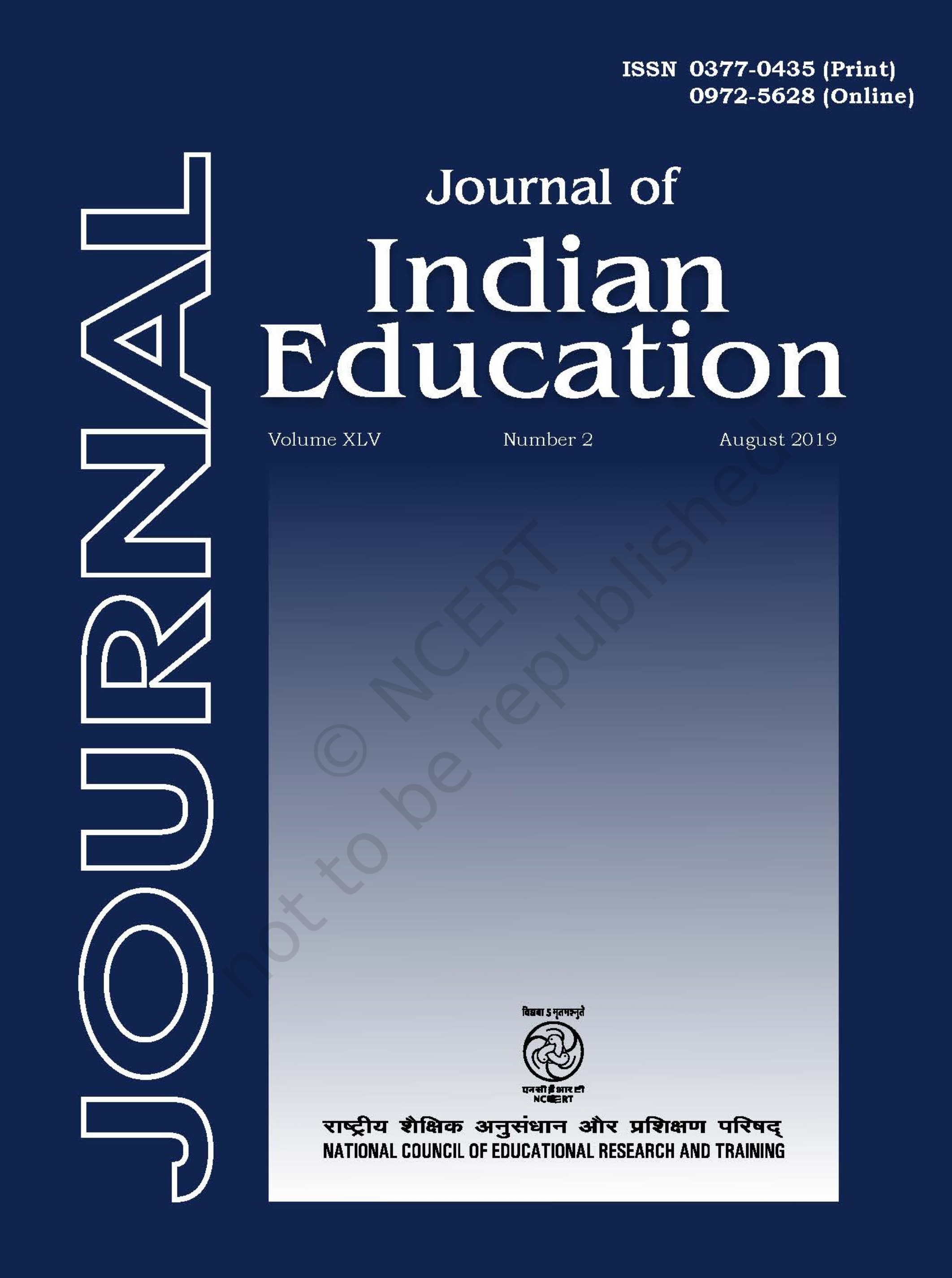Published 2019-08-31
Keywords
- Citizenship Education,
- School Environment,
- Civic Education
How to Cite
Abstract
Democratic system of governance is considered as the best system available for managing conflicts without having to recourse to cruel means and violence. In order to make democracy live long, we must progress in two directions. Firstly, people’s approach towards violence must undergo a transformation and there should be scope for training of peaceful reconciliation of differences. Secondly, people’s participation in democracy should be healthy and based on notion of justice. As democracy provides scope for participation to all and people can have their share in governance. For this, education should be lifeoriented. Education for future citizens in democracy offers a lasting solution to these problems. Here, knowledge of theoretical aspect should be merged with practice and right conduct. The people at large should come to realise the significance of education for future citizens in democracy. The present study is looking into the research question of the perceptions of school teachers towards the role course content, transactional strategies, co-curricular activities, textbooks, evaluation procedures and the school environment in developing education for citizenship in democracy in relation to gender? To find the answer to the question exploratory research method is undertaken in the exploration of teachers’ perception. The tool comprises perception scale and semi- structured interviews with the teachers. In the last part of the article, detailed research findings is discussed which signify that teachers have positive perception towards education for citizenship in democracy.

